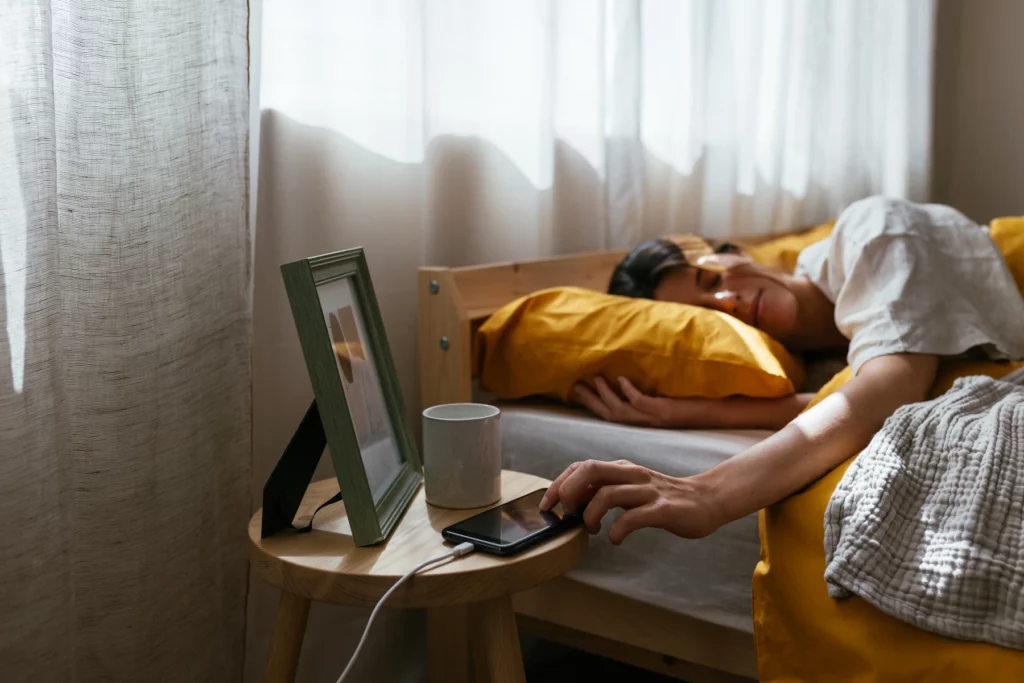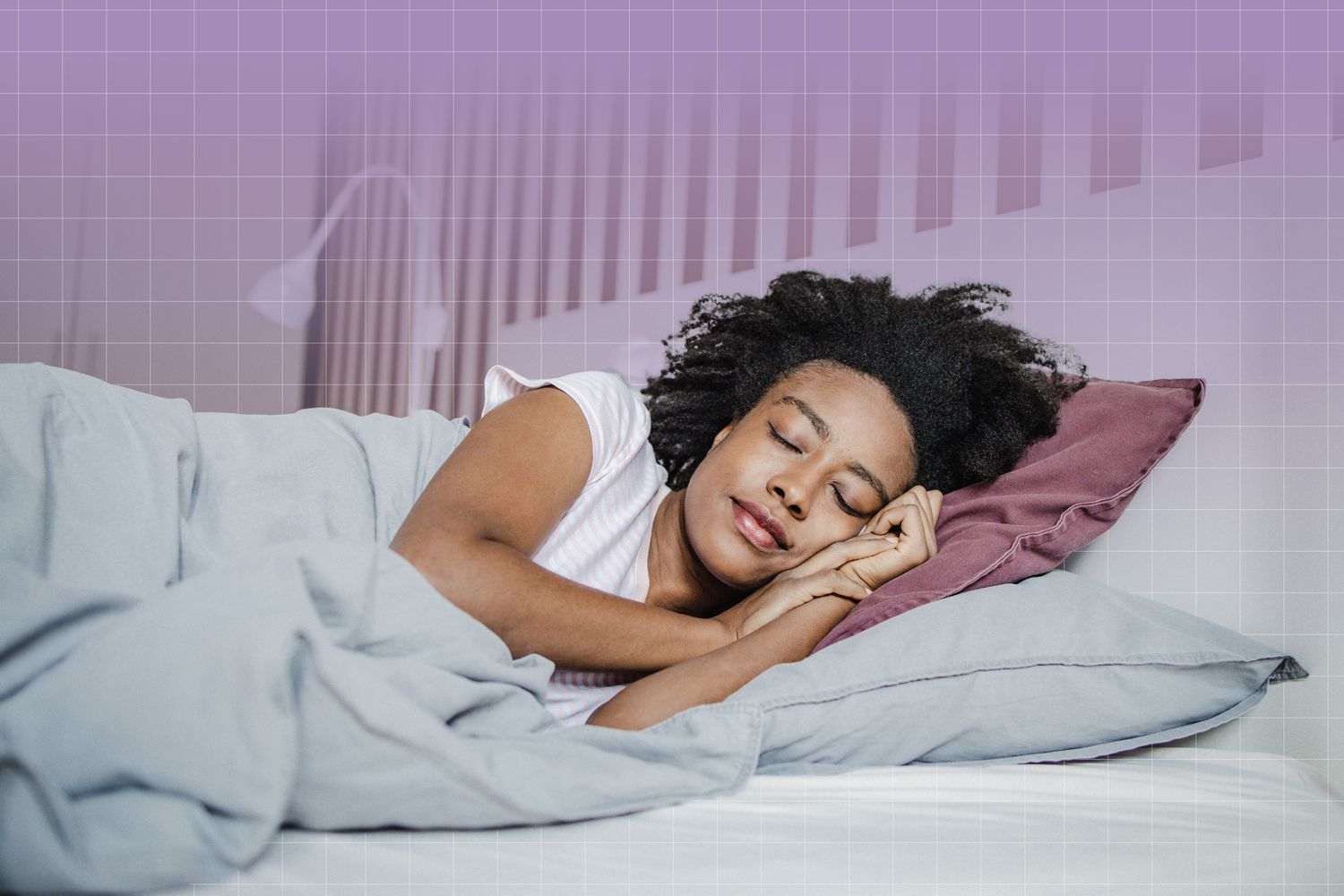Can a Sleep Study Finally Solve Your Exhaustion? Here’s What You Need to Know
Understanding Exhaustion: The Hidden Dangers
Exhaustion is more than just feeling tired; it can severely impact both physical and mental health. Chronic fatigue can lead to a multitude of issues, including decreased productivity, impaired cognitive function, and a weakened immune system. Understanding the underlying causes of exhaustion is crucial for finding effective solutions.
Many individuals dismiss their fatigue as a result of a busy lifestyle or lack of sleep. However, persistent exhaustion may signal an underlying sleep disorder or medical condition that requires attention. Recognising the signs and symptoms is the first step towards seeking appropriate help.
Common Symptoms of Exhaustion
Symptoms of exhaustion can vary widely among individuals. Common indicators include persistent tiredness, difficulty concentrating, irritability, and a general sense of malaise. Some may also experience physical symptoms, such as headaches or muscle pain.
For those struggling with exhaustion, a sleep study can provide critical insights into the underlying causes of their fatigue. By understanding sleep patterns and identifying potential disorders, individuals can take informed steps towards improving their sleep quality and overall health.
If these symptoms persist despite adequate rest, it may be time to consider a more in-depth investigation into potential causes, including sleep disorders. Additionally, emotional symptoms such as anxiety and depression can often accompany exhaustion, creating a vicious cycle that can be difficult to break. It is essential to pay attention to these emotional cues, as they may indicate a deeper issue that requires professional intervention.
The Impact of Sleep Disorders
Sleep disorders, such as sleep apnoea, insomnia, and restless leg syndrome, can significantly contribute to feelings of exhaustion. Sleep apnoea, for instance, causes interruptions in breathing during sleep, leading to fragmented rest and reduced oxygen intake.
Understanding how these disorders affect sleep quality is essential. A sleep study can provide valuable insights into sleep patterns and disturbances, helping to identify the root causes of exhaustion. Furthermore, the consequences of untreated sleep disorders extend beyond mere fatigue; they can increase the risk of chronic conditions such as heart disease, diabetes, and obesity. Therefore, addressing sleep issues not only improves energy levels but also enhances overall health and well-being. Seeking guidance from healthcare professionals can pave the way for effective treatment options, including lifestyle changes, therapy, or the use of medical devices to improve sleep quality.

What is a Sleep Study?
A sleep study, or polysomnography, is a comprehensive test used to diagnose sleep disorders. It involves monitoring various physiological parameters during sleep, including brain activity, eye movements, heart rate, and oxygen levels.
Typically conducted in a sleep clinic or hospital, a sleep study provides a detailed analysis of an individual’s sleep cycles and any disruptions that may occur. This information is crucial for developing an effective treatment plan tailored to the individual’s needs. The results can reveal issues such as sleep apnoea, restless leg syndrome, or insomnia, allowing healthcare professionals to recommend appropriate interventions that can significantly enhance the patient’s quality of life.
Learn more about sleep testing on: Why Sleep Testing Might Be the Best Thing You Do for Your Health
Types of Sleep Studies
There are several types of sleep studies, each designed to assess different aspects of sleep. The most common types include:
- Polysomnography: This is the most comprehensive type of sleep study, involving multiple sensors to monitor brain waves, oxygen levels, heart rate, and more.
- Home Sleep Apnoea Testing: This simplified version can be done at home and typically focuses on breathing patterns and oxygen levels.
- Actigraphy: This method uses a wrist-worn device to track sleep patterns over a period of time, providing insights into sleep duration and quality.
Preparing for a Sleep Study
Preparation for a sleep study is relatively straightforward. Patients are usually advised to maintain their regular sleep schedule in the days leading up to the test. It is also important to avoid caffeine and alcohol, as these substances can interfere with sleep quality.
On the night of the study, patients will arrive at the sleep clinic, where technicians will attach sensors to monitor various bodily functions. While the idea of sleeping in a clinical environment may seem daunting, most facilities strive to create a comfortable atmosphere to help patients relax. Many clinics offer amenities such as soft bedding, ambient lighting, and soothing sounds to mimic a home-like setting, which can alleviate anxiety and promote a more natural sleep experience. Additionally, patients are encouraged to bring personal items, such as a favourite pillow or blanket, to further enhance their comfort during the study. Find more about atmosphere at https://education.nationalgeographic.org/resource/resource-library-atmosphere/
What to Expect During a Sleep Study
During a sleep study, patients will be monitored throughout the night. The sensors will record data, which will later be analysed by a sleep specialist. Although it may take some time to fall asleep in an unfamiliar environment, the technicians are trained to ensure comfort and address any concerns.
Patients are encouraged to follow their usual bedtime routines as closely as possible, which can help facilitate a natural sleep cycle. The study typically lasts for one night, but in some cases, additional nights may be required for a comprehensive assessment.

Data Analysis and Interpretation
Once the sleep study is complete, the collected data will be analysed to identify any sleep disorders present. The results will provide insights into sleep architecture, including the duration of different sleep stages and any interruptions that occurred.
Common findings may include the presence of sleep apnoea, periodic limb movement disorder, or other sleep-related issues. Understanding these results is crucial for developing an effective treatment plan tailored to the individual’s unique needs.
Consultation with a Sleep Specialist
After the analysis is complete, patients will typically have a follow-up consultation with a sleep specialist. During this appointment, the specialist will discuss the findings, explain their implications, and recommend appropriate treatment options.
These options may include lifestyle changes, the use of continuous positive airway pressure (CPAP) machines for sleep apnoea, or medication for insomnia. The goal is to improve sleep quality and, consequently, alleviate feelings of exhaustion.
Benefits of a Sleep Study
Undergoing a sleep study can offer numerous benefits for those struggling with exhaustion. By identifying underlying sleep disorders, individuals can take proactive steps towards improving their overall health and well-being.
One of the primary advantages is the potential for tailored treatment plans. Instead of relying on generic solutions, a sleep study provides specific insights that can lead to targeted interventions. This can significantly enhance the effectiveness of treatment, leading to better sleep quality and reduced fatigue.
Improved Quality of Life
Addressing sleep disorders can lead to a substantial improvement in quality of life. Many individuals report increased energy levels, enhanced mood, and improved cognitive function after receiving appropriate treatment for their sleep issues. Click here to find more about cognitive.
Furthermore, better sleep can positively impact various aspects of daily life, including work performance, relationships, and overall mental health. The benefits of improved sleep extend beyond just feeling less tired; they encompass a holistic enhancement of well-being.
Long-Term Health Benefits
Chronic exhaustion can lead to serious long-term health issues, including cardiovascular disease, diabetes, and mental health disorders. By addressing sleep disorders early, individuals can mitigate these risks and promote long-term health.
Regular, restorative sleep is essential for maintaining a healthy immune system and reducing the likelihood of chronic conditions. A sleep study can be a pivotal step towards achieving better health outcomes in the long run.
Conclusion: Taking the First Step Towards Better Sleep
It is essential to recognise that exhaustion is not a normal state of being. Seeking help through a sleep study can be the first step in reclaiming energy and vitality. With the right diagnosis and treatment, a brighter, more energised future is within reach.
Taking action now can lead to significant improvements in quality of life, making a sleep study an invaluable resource for those seeking to overcome exhaustion. Don’t let fatigue dictate your life; consider a sleep study as a proactive measure towards better health and well-being.

